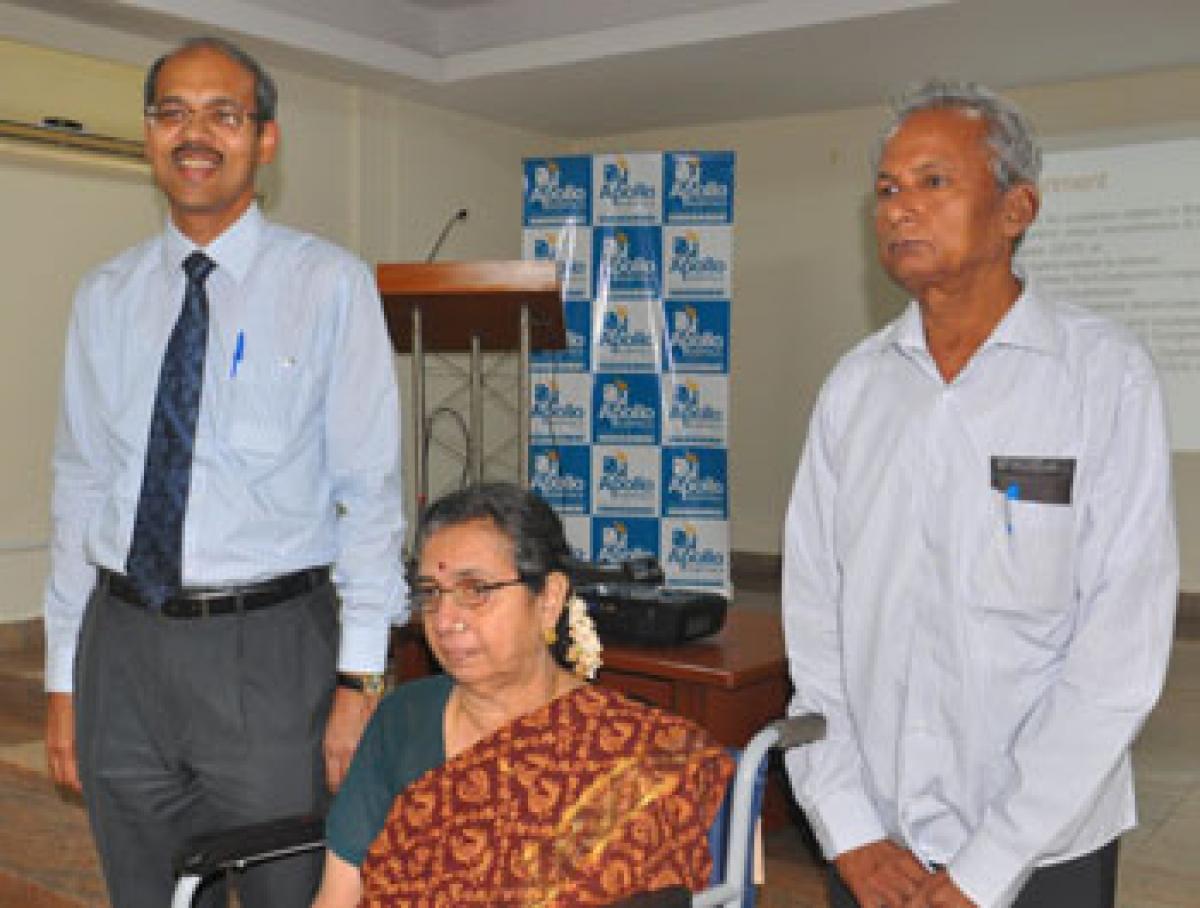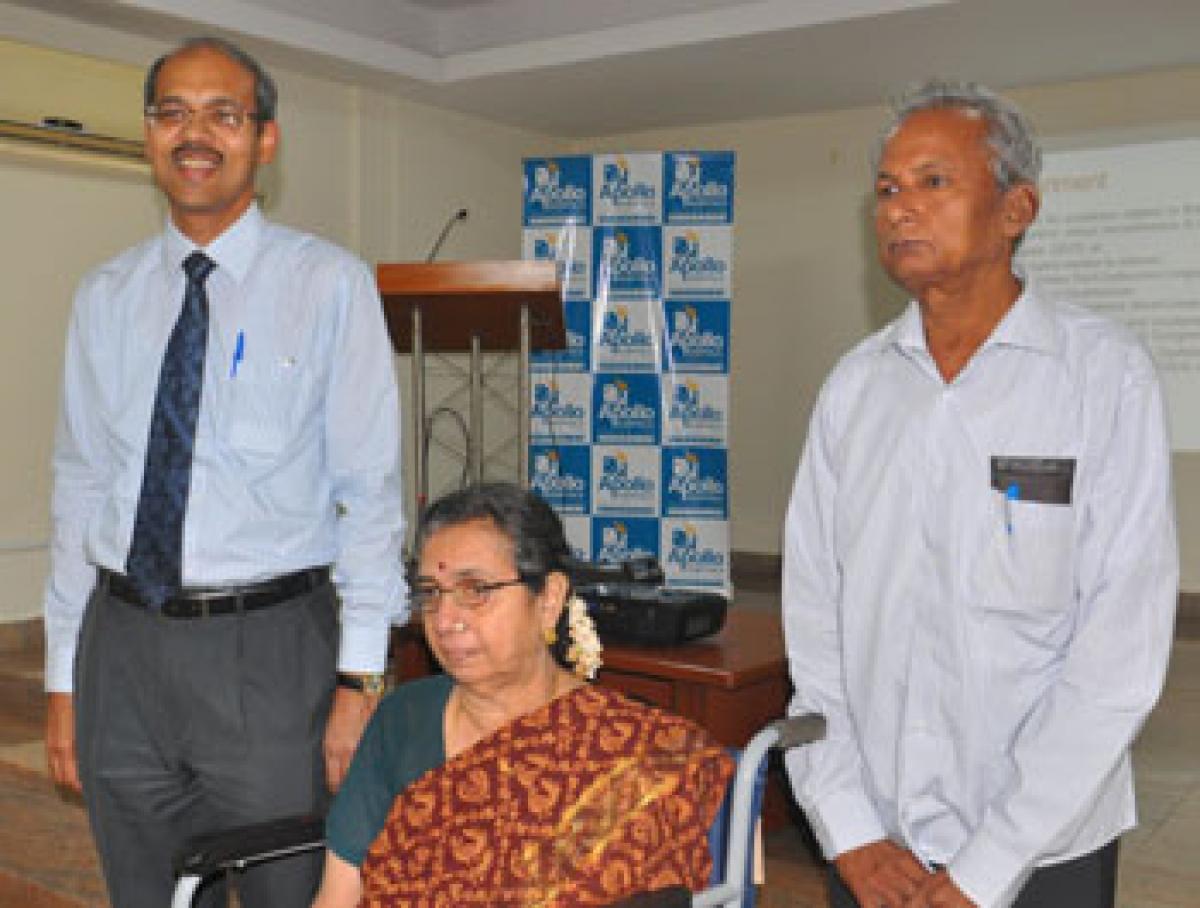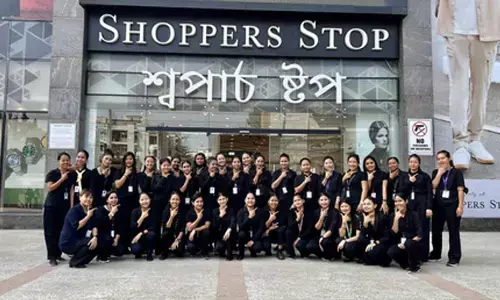Apollo performs pioneering treatment for rare urinary condition

Apollo Hospitals in Hyderguda performed a pioneering procedure to treat severe Intractable Urinary Incontinence on an elderly woman through a procedure called ‘Sacral Neuromodulation Therapy’.
 Apollo Hospitals in Hyderguda performed a pioneering procedure to treat severe Intractable Urinary Incontinence on an elderly woman through a procedure called ‘Sacral Neuromodulation Therapy’.
Apollo Hospitals in Hyderguda performed a pioneering procedure to treat severe Intractable Urinary Incontinence on an elderly woman through a procedure called ‘Sacral Neuromodulation Therapy’.
The announcement came from senior consultant and urologist Dr Sanjay Sinha at Apollo Hospitals in Jubilee Hills on Thursday.
65-year old Anuradha from Kadapa had been enduring severe Urinary Incontinence since three years and was undergoing treatment from the last one and half year at various hospitals with no results. Finally, Dr Sanjay Sinha diagnosed the patient and identified the condition as Overactive Bladder [wet] (OAB) at Apollo Hospitals.
The patient was using diapers before the surgery and underwent traditional treatments like lifestyle modifications, reduction in fluids; she also performed pelvic exercises for betterment of her condition.
Subsequently she was successfully treated with the new and specialised treatment, ‘Sacral Neuromodulation’ giving her the much awaited relief.
Sacral Neuromodulation is placement of an electrode into the sacral spinal nerve root (S3 nerve root) by a minimally invasive technique. She was implanted with the device on a trial basis in September and a month later, the final implantation was performed.
OAB is a urological condition related to problems with urination. It is an often debilitating and stigmatised syndrome that has tremendous impact on quality of life, as leakage can cause severe embarrassment and even psychological problems.
About 15 per cent of the population has some degree of overactive bladder but this is more commonly seen in elderly people. While both men and women may suffer from this ailment, women are more likely to have the OAB wet condition.














